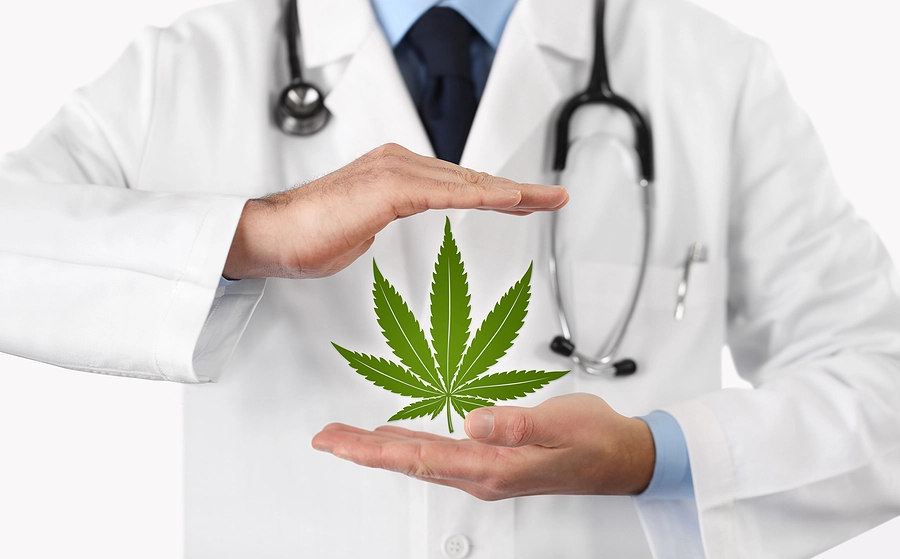When New Jersey Attorney General Gurbir Grewal issued a memorandum yesterday ordering local prosecutors to temporarily halt marijuana prosecutions in municipal courts until September, news outlets, including the New York Times, called it a possible “step toward decriminalization.” Amol Sinha, American Civil Liberties Union of New Jersey executive director, praised the move, stating that “[b]y directing prosecutors to pause adjudication of marijuana cases, this letter starts that [decriminalization] process.” Marijuana trade magazines were even more effusive.
It seems that nearly everyone, however, has ignored both the plain language and context of the Attorney General’s statements on the temporary moratorium. Though Attorney General Grewal may be a champion of liberal causes, the moratorium is not pro-marijuana. Grewal’s statements make clear that moratorium is not a step toward decriminalization, but rather a move to stop certain mayors and municipal prosecutors from unilaterally decriminalizing marijuana offenses in their jurisdictions without legal authorization from the Attorney General or the Legislature. This is not a watershed moment in marijuana legalization, but rather a disagreement between a certain prominent mayor and the Attorney General over prosecutorial discretion.
The “certain mayor,” in this case, is Mayor Steven Fulop of Jersey City. The Attorney General was essentially forced to act on July 19, 2018, after the chief municipal prosecutor of Jersey City issued a memorandum to his assistant municipal prosecutors implementing a “New Marijuana Decriminalization Policy.” The following day, in a memorandum to prosecutors, Attorney General Grewal declared the Jersey City policy void. Then, in imposing the temporary moratorium on marijuana prosecutions on July 24, 2018, Attorney General Grewal explicitly invoked Jersey City’s decriminalization memorandum as the reason underlying the need to issue new guidelines on prosecutorial discretion. “The issuance and subsequent rescission of the Municipal Decriminalization Memorandum made clear that some municipal prosecutors would benefit from additional guidance about the scope of their discretionary authority, particularly with regard to marijuana offenses,” Grewal wrote.
If that weren’t a clear enough indication that the moratorium grew out of a tug-of-war and not out of a broad policy to decriminalize marijuana throughout the state, the Attorney General’s director of communications issued a press release yesterday explaining why the moratorium was necessary. Missing was any mention of a desire to increase prosecutorial discretion to dismiss marijuana cases or to weaken marijuana laws more generally. Instead, the statement reiterated that the Jersey City decriminalization policy was an “an improper exercise of a municipal prosecutor’s authority” that will place police officers in a dangerous position of having to enforce laws that people will mistakenly believe are no longer in effect.
So what should one expect from the new Attorney General guideline set to be issued next month? The press release noted the Attorney General’s dedication to social justice issues, which is shorthand for marijuana reform. But at the forefront of the decision to impose the moratorium is the Attorney General’s legal obligation to ensure that laws are prosecuted uniformly throughout New Jersey, as well as his conclusion that Jersey City exceeded its legal authority in effectively decriminalizing marijuana on its own terms. So while we don’t know exactly what will be in the new guideline, we can be certain that it will not “decriminalize” marijuana by permitting municipal prosecutors to dismiss marijuana cases wholesale, as in the case of Jersey City.



Leave A Comment